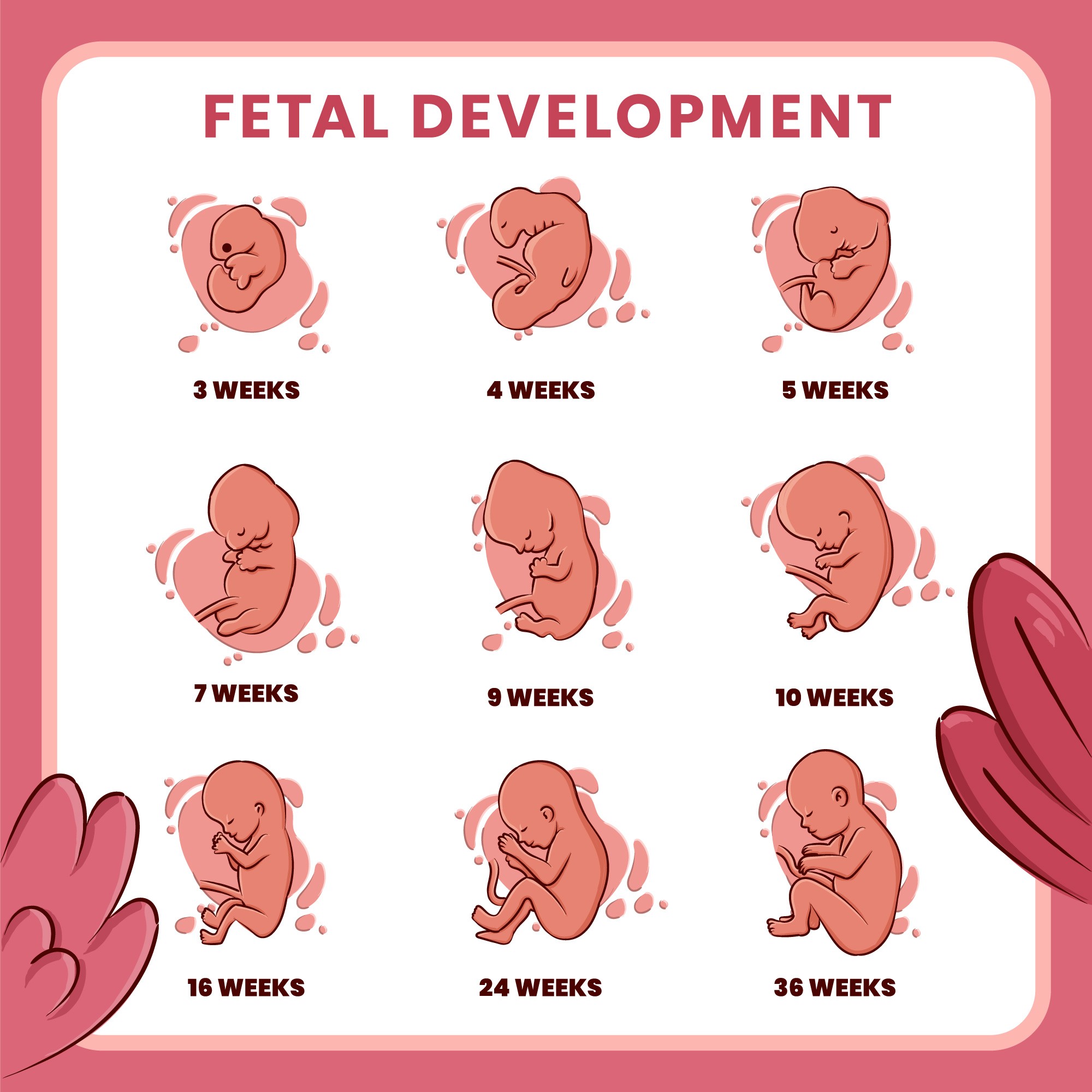Definition
Growth hormone deficiency refers to a medical disorder characterized by insufficient levels of growth hormone in the body. This disease is prevalent in both children and adults; however, it predominantly impacts children. Children with growth hormone deficiency will usually be shorter than average for their age group.
A deficiency in growth hormones can manifest at birth due to hereditary causes or at a later age for several reasons. The pituitary gland, located close to the brain, produces growth hormones. This bean-shaped gland is multipurpose despite its small size. In addition to growth hormones, the anterior pituitary gland controls core body temperature and thyroid function. When the pituitary gland fails to function properly, the body's ability to produce growth hormones drops below the minimum level.
Growth hormone deficiency is uncommon, affecting only about 1 in 7000 births. It is advisable to be cautious when your child's height and weight deviate from the standard distribution or do not align with those of children in the same age group. If it is detected early, there is a possibility for improvement and treatment. Untreated children can experience stunted growth and a delayed onset of puberty, resulting in a permanently below-average height.
Cause
Growth hormone promotes the development of children in multiple organs. Aside from that, this hormone is also essential for the distribution of body fat and the strength of muscles and bones. Insufficiencies in the production of this hormone may inhibit the development of children.
Multiple factors contribute to the growth of hormone deficiency. The condition may manifest at birth due to a genetic mutation in the infant. Growth hormone production and function, as well as the development of the pituitary gland in the brain, are all impacted by genetic mutations that take place during gestation. A deficiency in congenital growth hormones may also be associated with anatomical defects in the child's brain.
Due to damage to the pituitary gland, growth hormone deficiency can manifest later in life in infants or adults. Damage to the gland, which may result from several diseases, can affect the release and production of growth hormones.
- Brain tumors, particularly the pituitary gland
- Radiation to the pituitary gland or its surroundings
- Severe head injuries
- Infection of the central nervous system, including the brain and spine.
- Ischemia of the pituitary gland
Nevertheless, there are other conditions where the precise etiology of growth hormone insufficiency in an individual remains unknown. The medical term for the condition is idiopathic growth hormone deficiency.
Risk Factors
Multiple risk factors increase the risk of an individual experiencing growth hormone deficiency. The following factors are contributors to a greater predisposition to growth hormone deficiency:
- Early cancer treatment during teenage years
- Radiation therapy targets the head, brain, or entire body
- Neurosurgical interventions targeting the midbrain
- Severe head injuries
Symptoms
The facial features of children with growth hormone deficiency are typically more rounded and younger than average, and their height is typically below average compared to their peers. Despite having average-sized bodies, they may still have "baby fat" or extra fat around their abdomen.
Stunted development of sexual organs and delayed puberty are some possible symptoms in patients. Teenage girls may not develop breasts, and boys may not change their voices.
Low growth hormone levels can also result in increased fatigue and reduced patient endurance. Additionally, they become more sensitive to low and high temperatures.
This condition can also lead to a reduction in bone density. Particularly as adults, they are more vulnerable to bone breaks and fractures. Furthermore, elevated blood lipid and cholesterol levels can be observed. Because of this, adult patients are more susceptible to diabetes and heart disease.
Diagnosed
The doctor will examine for indications of growth hormone deficiency. In pediatric cases, it is common to identify children with stunted growth and below-average height. The doctor may inquire about the child's rate of growth and puberty. Additionally, it is possible to inquire about the medical history of both children and their parents.
Doctors can suggest several additional examinations to confirm the diagnosis based on parental concerns, the child's symptoms, and physical examination findings. Several diagnostic tests that the doctor might recommend include:
- Check growth hormone levels. Day and night hormone levels will be evaluated.
- Imaging tests like X-rays of the child's bones may determine growth potential, and MRIs of the head can detect pituitary gland disorders.
- Growth factor levels, including IGF-1
- Growth hormone stimulation tests can indicate reduced pituitary gland output if blood levels do not reach a particular range.
Management
Both children and adults receive treatment that involves synthetic growth hormone therapy through injections into the adipose tissue. The locations are usually in the posterior region of the arm, leg, or buttocks. This therapy has a prolonged duration and frequently extends over several years.
The doctor will monitor the patient's improvement, assess the efficacy of the medication, evaluate the patient's response to treatment, adjust the medicine dosage as needed, and manage any potential side effects. Additional diagnostic tests, such as measuring IGF1 levels or conducting bone x-rays, might be performed. Treatment of children extends until the child has fully developed and achieved adult height.
Synthetic growth hormones can cause uncommon but severe side effects, including:
- Erythema at the injection site
- Vertigo or cephalalgia
- Joint or muscle pain
- Inflammation of the feet or limbs
- Scoliosis is an abnormal curvature of the vertebrae.
Complications
Delays in growth and puberty, along with associated problems, can cause patients to lose self-confidence, anxiety, tension, and emotional instability if not treated immediately. An increased risk of cardiovascular disease, stroke, and osteoporosis (bone loss) is associated with adult growth hormone deficiency.
Prevention
Unfortunately, prevention is not possible in cases of growth hormone deficiency. However, adults with growth hormone deficiency may lower their future risk of cardiovascular disease by consuming a well-balanced, high-nutrition diet as well as regular physical activity. Additionally, consuming foods rich in vitamin D and calcium helps prevent osteoporosis-related bone fractures.
When to see a doctor?
If you notice that your child's growth is not keeping pace with that of other children their age, it is recommended that you consult a doctor. Many individuals experience positive results after receiving treatment. If you seek treatment as soon as possible, you are likely to see faster and more beneficial outcomes.
Want to know more information about other diseases? Click here!
- dr Hanifa Rahma
Cleveland Clinic (2022). Growth Hormone Deficiency (GHD). Available from: https://my.clevelandclinic.org/health/diseases/23343-growth-hormone-deficiency-ghd.
Healthline (2021). Growth hormone deficiency. Available from: https://www.healthline.com/health/growth-hormone-deficiency.
Endocrine Society (2022). Growth hormone deficiency. Available from: https://www.endocrine.org/patient-engagement/endocrine-library/growth-hormone-deficiency.
NCBI StatPearls (2022). Hypopituitarism. Available from: https://www.ncbi.nlm.nih.gov/books/NBK470414/.












